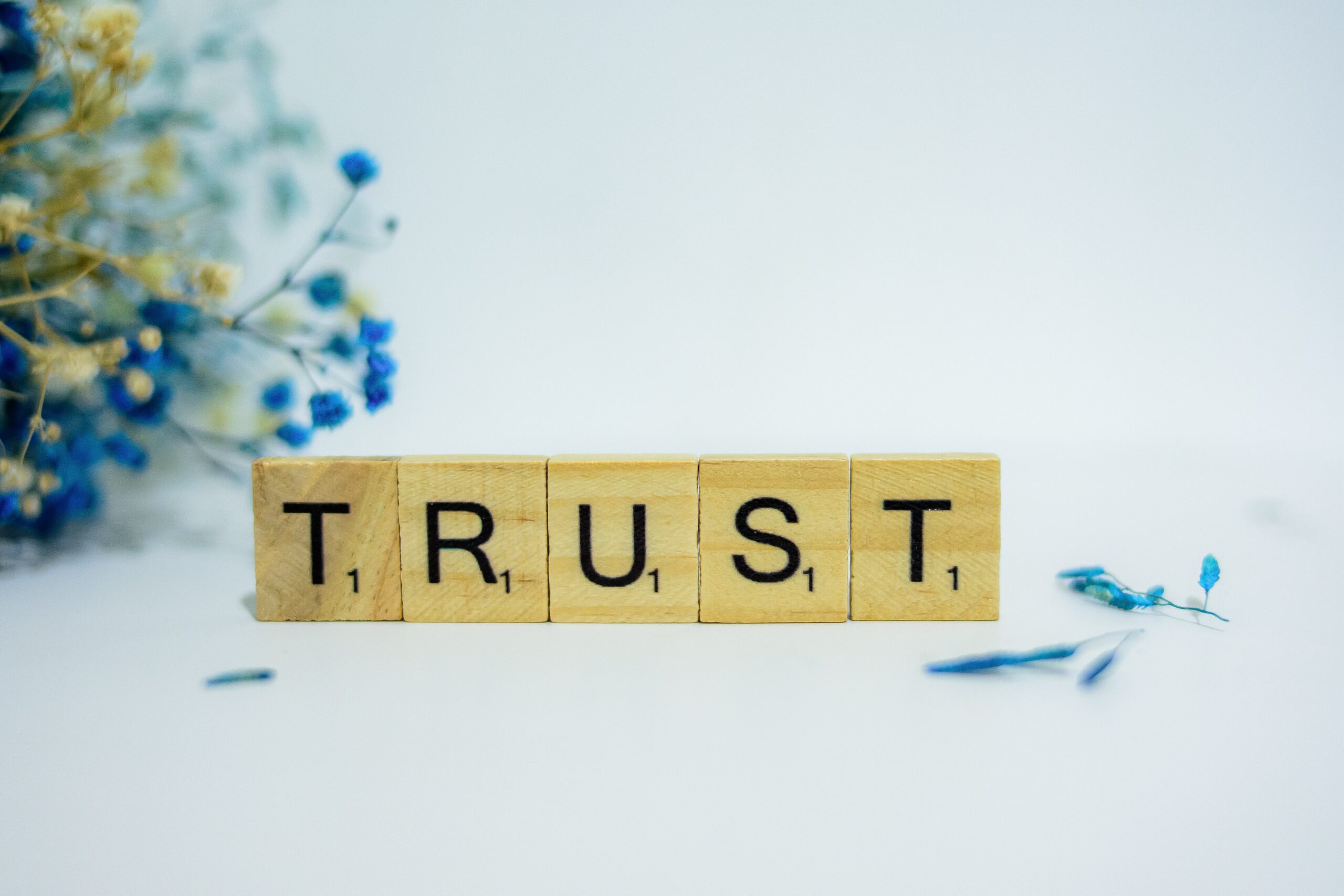Giraffes are social. And when they socialize, they like to be informal and mix things up. Giraffes move into and out of herds; they don’t stick with one group or develop territories (known as cliques or ingroups and outgroups in the workplace). Think of giraffes as being socially-fluid.
What do you do at work?
Do you stick with your group? Associate with the same people all or most of the time? Maybe you avoid time with people who are different from you? Sit in the same place, by the same people at lunch or in meetings? Zoom or Microsoft Teams chat with only one or two people during virtual meetings? Ask the same people for advice or input? Or do the people you interact with change with frequency?
Do you follow rules and procedures? Run a tight ship? Believe that success comes through structure and formality? Believe in hierarchical or top-down org structures? Or are you informal, casual, collaborative, and conversational?
Do you purposefully engage with people you aren’t required to interact with?
I know you have a good reason for being you. We all do. I want you to be you. Being you is a great thing to be much of the time! But what about the times when being you or not operating outside of your comfort zone stops serving you?
Perhaps you identify as being introverted and therefore feel socializing drains you. Or maybe you take your work very seriously and feel like socializing wastes time. I get it. Think of it like this – socializing is about expanding your network. Increase your success by expanding your network. Grow your circles of influence, or what I call Gather G Factor.

5 REASONS TO BE SOCIAL AT WORK
Employee Engagement. Humans are social beings and need human connection – even in the workplace. Internationally renowned leadership expert Ken Blanchard’s work tells us that we need connection with leadership AND with colleagues. The result of this connection is more passion and commitment to the work we do.
Teamwork. This one is simple. When we get to know a person, we understand that person better. When we understand that person better, we accept the differences between ourselves and him/her/them. When we accept someone for who they are, we work better together.
Resource Pool. We all have our distinguishing strengths or things that make us beautifully unique. Because of this, none of us can do it all or be it all. And why try when others can fill our skill gaps? Learning and understanding a coworker’s talents and skills gives us the chance to draw on them when we are unequipped.
Support. We all want a person to have our back: an ally, a friend, a fan. Someone to step up for us. Someone to pick us up. Someone to encourage us. Someone we trust to bring us to task and hold us accountable when we need it. Someone to tell us what we need to hear, not what we want to hear. Expanding our social network at work puts a variety of people in our sphere who we can individually call upon when we need the type of support they have to offer.
Reputation. Others have power to give you credibility or take it away. What are your spokespeople saying about you? Is it positive? Negative? Think about the reputation you want to project and make sure you are socializing with the right people.
Take an inventory of the people in your “work social circle”. If they are a mirror reflection of you, it’s time to expand. Learn how to expand your circles of influence and increase your Gather G Factor here:









Leave A Comment